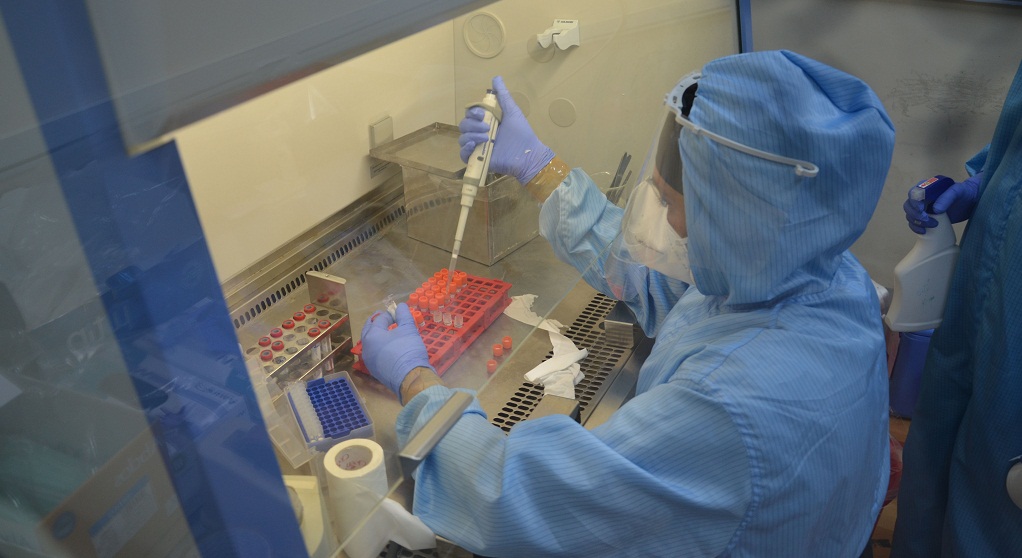Pune: Genome sequencing reveals a distinct pattern of mutations in the COVID-causing virus from western India

Pune, 4th August 2020: The National Centre for Cell Science (DBT-NCCS) in Pune, an autonomous institute of the Department of Biotechnology (DBT), recently submitted 90 whole-genome sequences of the COVID-causing SARS-CoV-2 virus to the global database, GISAID. NCCS has been contributing to the ongoing COVID surveillance in Maharashtra, having tested over 16000 samples in 100 days. This was made possible by the determined and tireless efforts of several scientists, and members of the technical and other staff at NCCS.
According to NCCS, the viral genome sequences were obtained from samples of patients from the Pune, Satara and Nashik districts, who tested positive for COVID. These sequences were compared with those reported from other Indian and global sources, to identify any variations. Four variations were found to be predominant, being present in most of the sequences. The genomes could be grouped into four distinct groups based on these. Three mutations found in the major group appeared to be more frequent in samples from symptomatic patients and more prominent in samples from women. Some correlations were also observed between sequence variations and patient age, with six mutations found to be frequent in the samples from younger patients, but is absent in the those from senior patients. New and distinct patterns of mutations were observed in the viral genomes from each of the districts included in this study. These analyses thus revealed a newly emerging pattern of unique linked mutations in the genome sequences from western India, indicating that region-specific evolution of the virus genome might have occurred during the lockdown period.
This work was carried out by NCCS in collaboration with the BJ Medical College and the Armed Forces Medical College (AFMC) in Pune, and with support from Dr T. P. Lahane, Director, DMER, Maharashtra. The findings of this study were recently uploaded on the preprint server, bioRxiv (https://www.biorxiv.org/content/10.1101/2020.07.30.228460v1), where they are available to anyone interested in learning the details of this study.
Genome sequencing of SARS-CoV-2 was undertaken by NCCS as a participant of DBT’s pan-India 1000 genome sequencing consortium, which was set up to sequence the genomes of the virus from clinical samples collected at different locations in the country. This initiative, aimed at understanding the genetic variations in the virus across the country, is being coordinated by the National Institute of Biomedical Genomics (NIBMG), and involves several national research institutions. The consortium recently crossed the first milestone of sequencing 1000 SARS-CoV-2 genomes.
Since the start of the COVID-19 pandemic and identification of the virus that causes the disease, a global rush to sequence its genome has resulted in 75000 viral genomic sequences from across the globe being uploaded on the global GISAID database so far. This is not surprising, since genome sequences provide valuable insights that are necessary to track and trace the outbreak, to design and evaluate diagnostic tests, and to identify potential intervention strategies. NCCS has been contributing to the national efforts towards these goals, through genome sequencing as well as other ongoing diagnostics and research initiatives.





